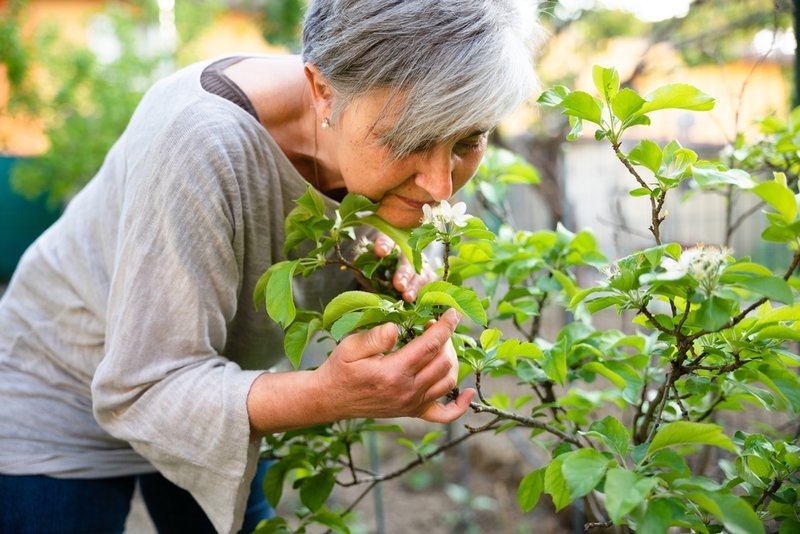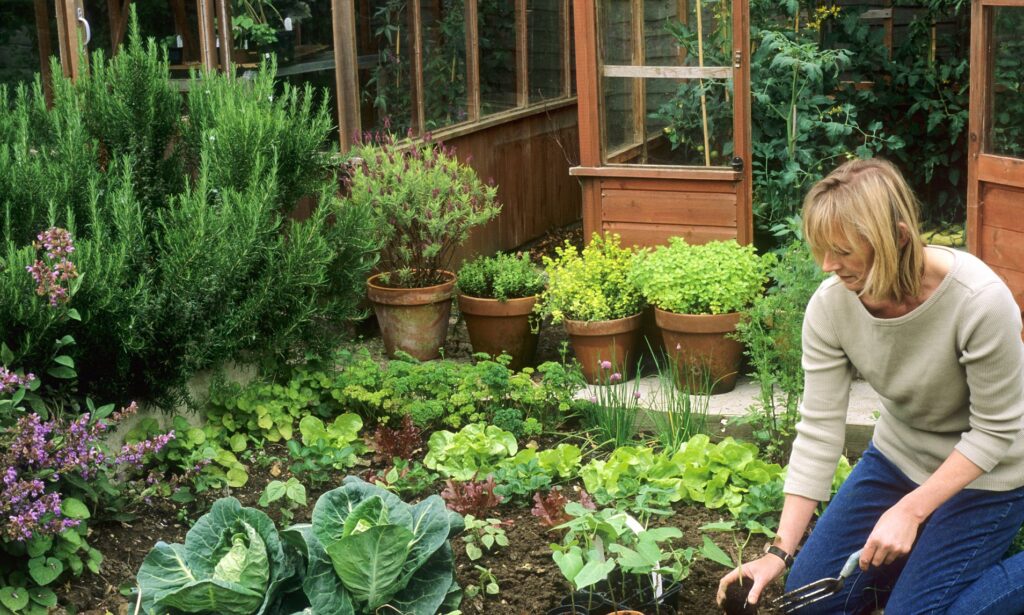Gardening is not just a hobby, but it is also a form of therapy that can have a significant positive impact on mental health. Engaging in gardening activities has been shown to reduce stress, anxiety, and depression, while improving mood and self-esteem. In this blog, we will explore the mental health benefits of gardening in-depth, and provide tips on how to incorporate gardening into your self-care routine. 🌱🌼🍁🌸
Stress Reduction: 🌱
One of the most significant mental health benefits of gardening is stress reduction. Gardening activities, such as planting, watering, and pruning, have a calming effect on the mind and body. Research has shown that spending just a few minutes in a garden can significantly reduce cortisol levels, the hormone associated with stress. Additionally, the physical activity involved in gardening can promote relaxation and reduce muscle tension.
Improves Mood: 🌼
Gardening is also an excellent way to improve mood. It is a rewarding and fulfilling activity that provides a sense of accomplishment as plants grow and thrive under your care. This sense of achievement can boost self-esteem and promote positive emotions. A study published in the Journal of Health Psychology found that gardening can help to reduce symptoms of depression and anxiety, while increasing feelings of happiness and well-being.

Boosts Self-Esteem: 🌺
Gardening can also boost self-esteem by providing a sense of control and mastery over a specific task. When you see the tangible results of your gardening efforts, such as a blooming flower or a healthy vegetable, it can give you a sense of accomplishment and pride. This feeling of competence can translate to other areas of your life and increase your overall confidence.
Connection to Nature: 🌿
Connecting with nature is a powerful way to promote mental health and well-being. Gardening allows you to cultivate a deeper connection to the natural world, appreciate its beauty, and benefit from its calming effects. Studies have shown that exposure to nature can help to reduce symptoms of anxiety and depression while promoting feelings of happiness and relaxation. Gardening can also provide a sense of purpose by caring for living things and contributing to the environment.
Tips for Incorporating Gardening into Your Self-Care Routine: 🍃
-
- Start small: If you are new to gardening, start with a small project or a few potted plants. This will allow you to gain experience and build confidence without becoming overwhelmed.
- Set realistic goals: It’s essential to set realistic goals and expectations for your gardening activities. Avoid putting too much pressure on yourself and enjoy the process of caring for your plants.
- Use gardening as a form of exercise: Gardening involves physical activity, which is also essential for mental health. Use gardening as a way to get outside and move your body.
- Practice mindfulness: When engaging in gardening activities, try to be present in the moment and focus on your breathing. This can help to enhance the meditative nature of gardening and promote relaxation.
In conclusion, gardening is a powerful form of therapy that can benefit mental health in numerous ways. By reducing stress, improving mood, boosting self-esteem, and fostering a connection to nature, gardening can be a valuable addition to your self-care routine. By following the tips provided, you can experience the mental health benefits of gardening and cultivate a sense of well-being and contentment. 🌻🍂🌷🌹










